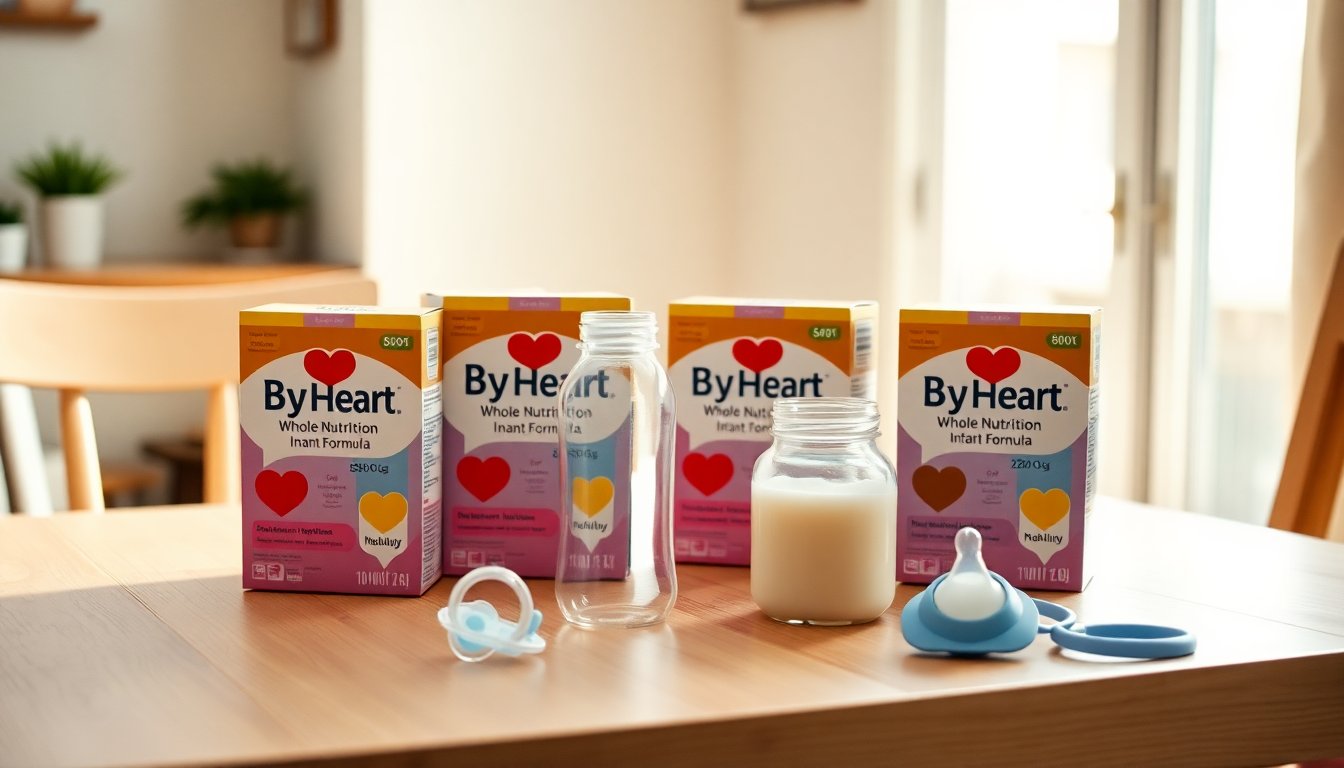Table of Contents
The Canadian Food Inspection Agency (CFIA) has issued a significant alert for parents regarding the safety of certain ByHeart Whole Nutrition Infant Formula products. These products are believed to be contaminated with Clostridium botulinum, a bacteria that can lead to a severe illness known as botulism. The recall affects both the 680-gram and 238-gram packages available for online purchase and includes all unexpired products marked with a ‘Use By’ date.
Consumers are strongly advised against consuming, distributing, or using the affected formula. It is crucial for anyone who suspects that they or a child has experienced symptoms after consuming this formula to seek medical attention immediately. The significance of this warning cannot be overstated, as contaminated food may appear perfectly fine yet pose a serious health risk.
The dangers of botulism
Botulism is a rare but potentially fatal illness caused by the toxin produced by Clostridium botulinum. Symptoms can manifest differently between adults and children. In adults, the onset of symptoms may include facial paralysis, fixed pupils, and difficulties with swallowing or speaking. Children may exhibit signs such as slurred speech, weakness, and trouble swallowing.
Understanding the symptoms
It is essential to recognize that botulism typically does not cause a fever, which can complicate diagnosis. In severe cases, the illness may lead to critical complications or even death. Parents should remain vigilant and monitor for any signs of illness in their children, particularly if they have consumed the recalled formula. Symptoms in children may develop gradually, making early recognition vital for effective treatment.
What to do if you have the recalled formula
Parents who have purchased the affected ByHeart infant formula should immediately check their supplies and dispose of any products included in the recall. The CFIA emphasizes the importance of proper disposal methods to prevent unintentional consumption. If you still have the product at home, document the lot numbers and ‘Use By’ dates before discarding them.
As a precaution, it is recommended to keep the contaminated formula in a secure, labeled container marked ‘DO NOT USE’ until it can be safely disposed of. If your child has been exposed to this formula, it is crucial to pay close attention to their behavior and health.
Transitioning to a new formula
Switching to a different infant formula can feel overwhelming, but it is vital for your child’s safety. Experts suggest making an immediate switch rather than transitioning gradually. Most infants adapt well to new formulas, but monitoring them for any adverse reactions during this period is important.
To ease the transition, offer the new formula when your baby is hungry but not overly fussy. Stick to familiar feeding routines to minimize disruptions. Common signs of adjustment may include slight changes in stool consistency or fussiness. However, if your baby exhibits severe reactions such as hives or persistent vomiting, consult your pediatrician immediately.
Importance of vigilance and reporting
In light of this recall, it is crucial for parents to remain vigilant. If you observe any symptoms of botulism in your child or if they have consumed the affected formula, contact a healthcare provider without delay. The CFIA is currently conducting a food safety investigation, making ongoing communication with health authorities essential.
Furthermore, if you have questions or concerns regarding the recall or your child’s health, do not hesitate to contact your local health department or the CFIA. They provide resources and assistance to effectively address your inquiries.
Consumers are strongly advised against consuming, distributing, or using the affected formula. It is crucial for anyone who suspects that they or a child has experienced symptoms after consuming this formula to seek medical attention immediately. The significance of this warning cannot be overstated, as contaminated food may appear perfectly fine yet pose a serious health risk.0


